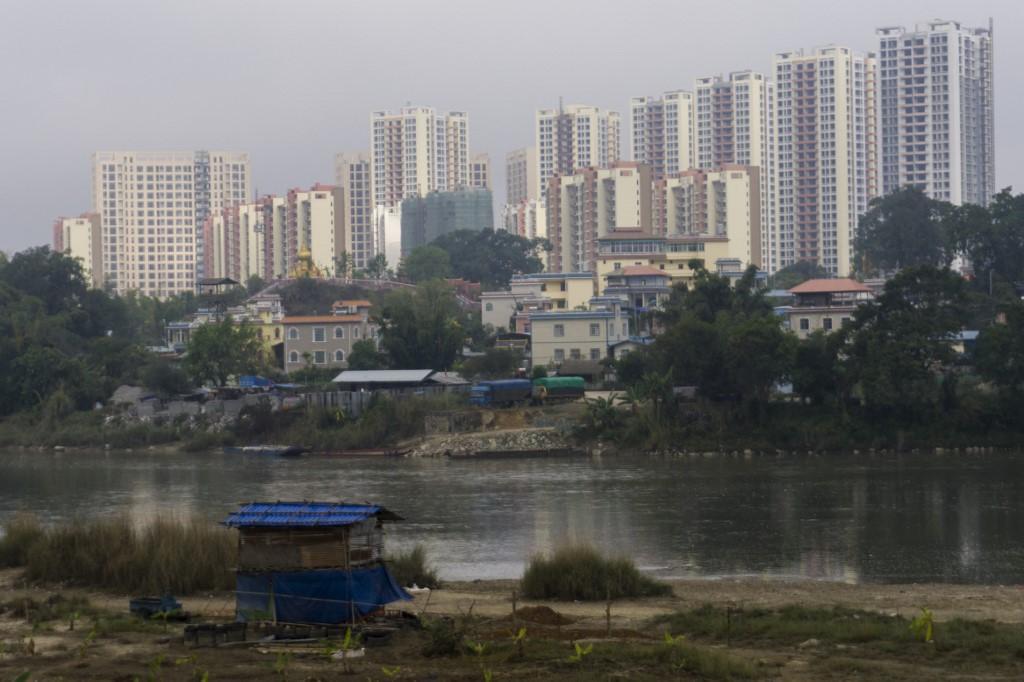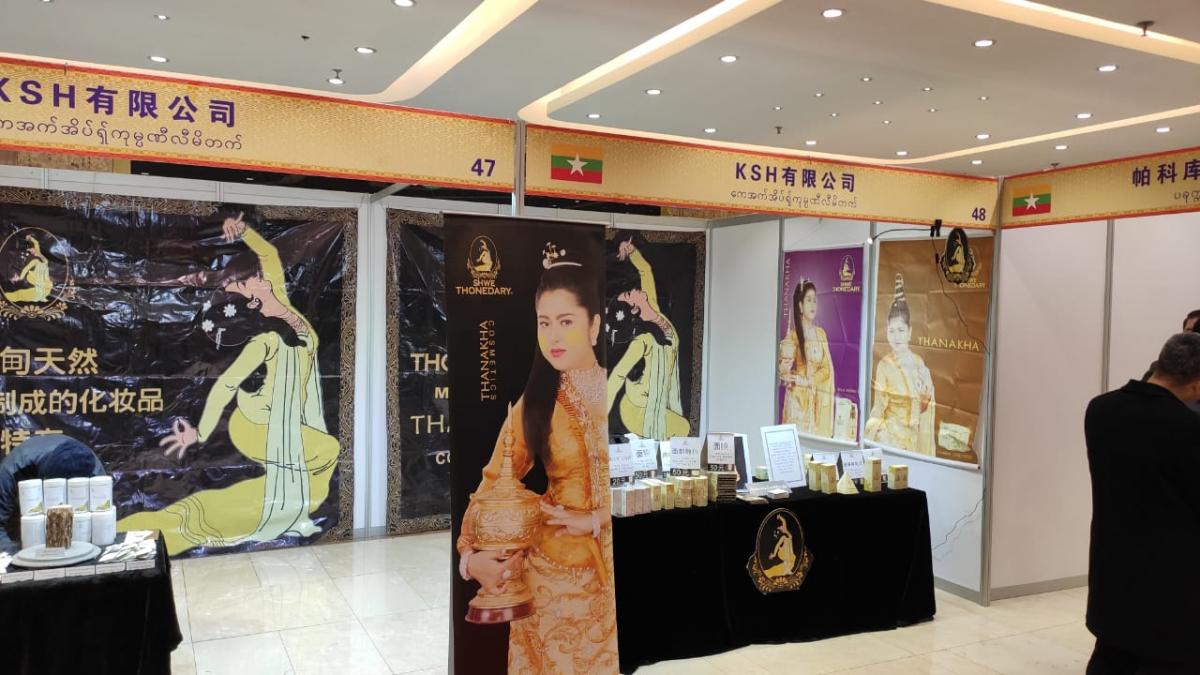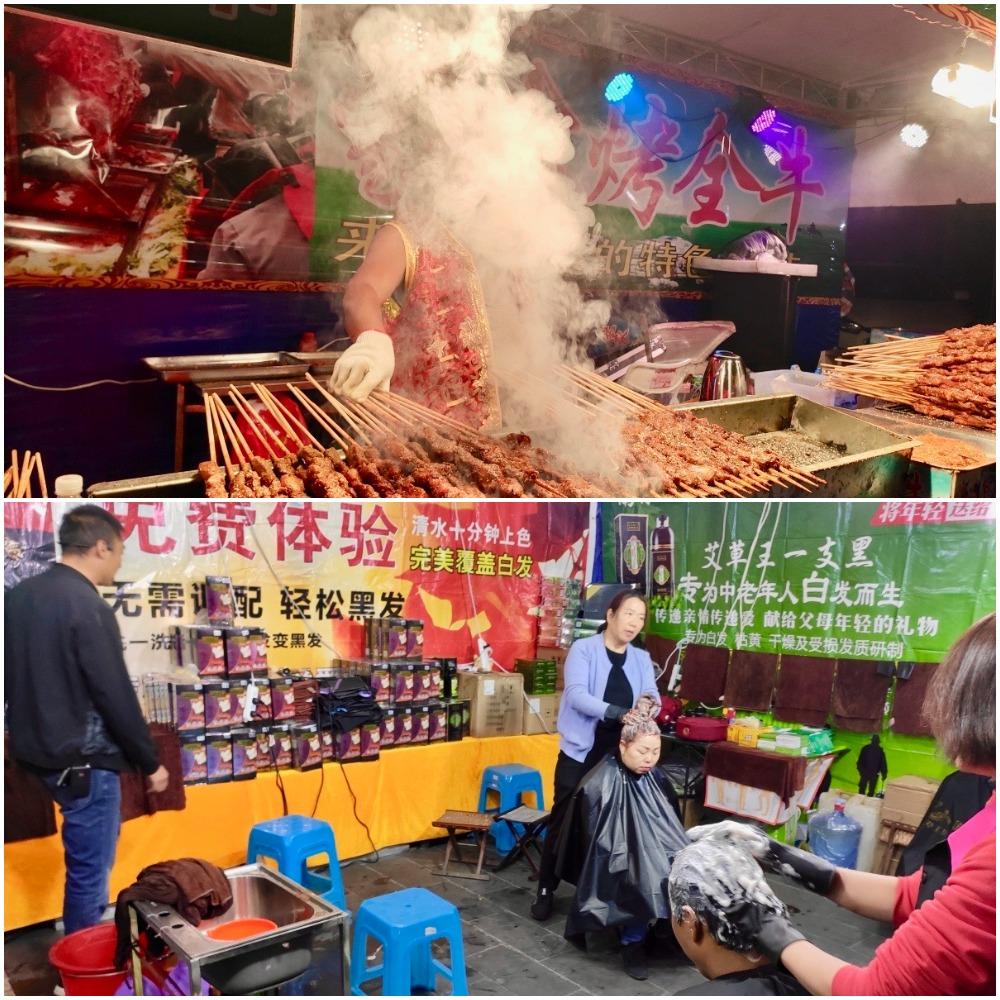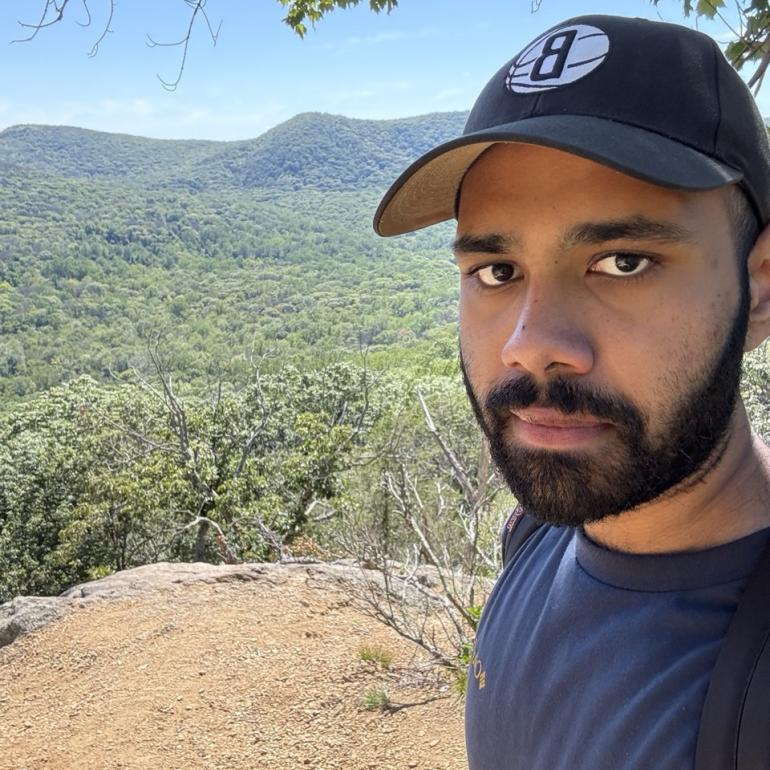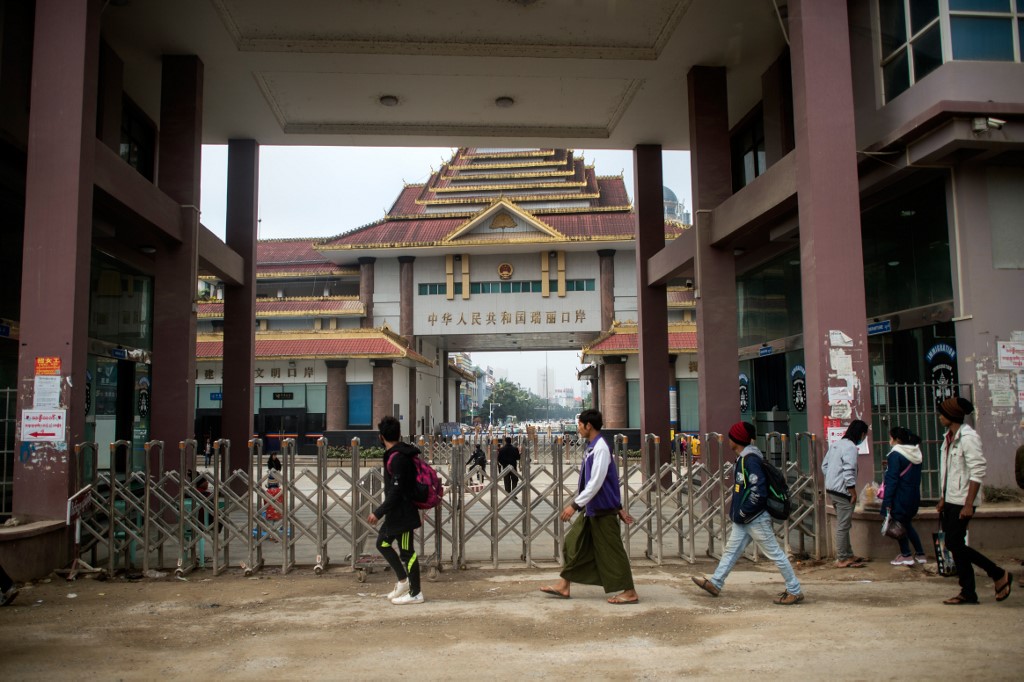
“Pay me 600 yuan and I’ll help you cross the border.”
I choose to stay in the long queue rather than accept this crook’s illicit offer.
Scammers abound at the White Elephant border gate between Muse in northern Shan state and Jiegao in southern China. They prey on rookie travellers who are deeply paranoid of all things China—I count myself among these. My only other experience with Chinese immigration was a bitter dispute with Guangzhou customs over some hand cream.
“You can’t bring luggage over there.”
I can. The reason why I am here is my luggage: seven large cardboard boxes of Myanmar’s favourite cosmetic, thanaka, a paste made from tree bark used as sun protection and makeup.
I want to share its wonders with the good people of Ruili in Yunnan. I want the Ruilians to buy it all, so I flash my seven-day border pass to customs, who, thankfully, spoke more Burmese than my limited “ni hao”” and “xie xie” Mandarin.
Myanmar nationals enjoy this 1,000-kyat (US$0.70) visa in the spirit of “pauk-phaw,” a fraternal bond between my compatriots and the Chinese that was clearly not recognised by the swindlers at the gate.
China has a big appetite for certain Myanmar exports—namely jade, an industry worth about $31 billion in 2014, nearly half of the country’s official GDP that year.
But the trade is mired in corruption, with untaxed profits reportedly flowing to armed groups and political elites, while the gemstone is mined under sometimes-deadly conditions in Kachin state.
Meanwhile, I can assure you reader, the Myanmar-China trade of thanaka is spotless and my luggage probably comprises most of it.
Within a few yards of passing through immigration, a wildly different way of life presents itself, a clean metropolis with shiny big buildings towering over crowded, dusty Muse across the river.
After passing a few road signs in Burmese—presumably placed for diplomatic courtesy—I reach my hotel (not the ‘love’ kind) and chat with the manager who also sells petrified wood, or as he described it, “tree fossil jade.”
“Myanmar,” he chirps, indicating the origin of an ancient slab of rich colours and patterns.
“Why is it in China?”
He shrugs sheepishly like a man living in a city with a flourishing black market.
Outside gem shops outnumber restaurants, and stylists dye the hair of middle-aged aunties in the biting cold. Ruili is weird; China is weird, time to sell some thanaka.
I arrive at a three-day exhibition held in a massive complex called Venus City of Stone and Culture, where young men and women brandish Xinxing cigarettes and scream prices into their phones as they fixate on live video of jade.
We set out our thanaka shack near a hanging skinned crocodile and begin explaining in broken-at-best Mandarin to a stream of Chinese customers who all sound like they’ve skipped breakfast.
Faced with three days of hard bargaining and thanaka not being jade, we managed to shift 20 mask and soap sets before returning to Myanmar with the same seven boxes.
After sampling Chinese beer and some local delicacies, I also brought home a cripplingly bad stomach. Jade will always be the apple in China’s eye, but at least I tried.

